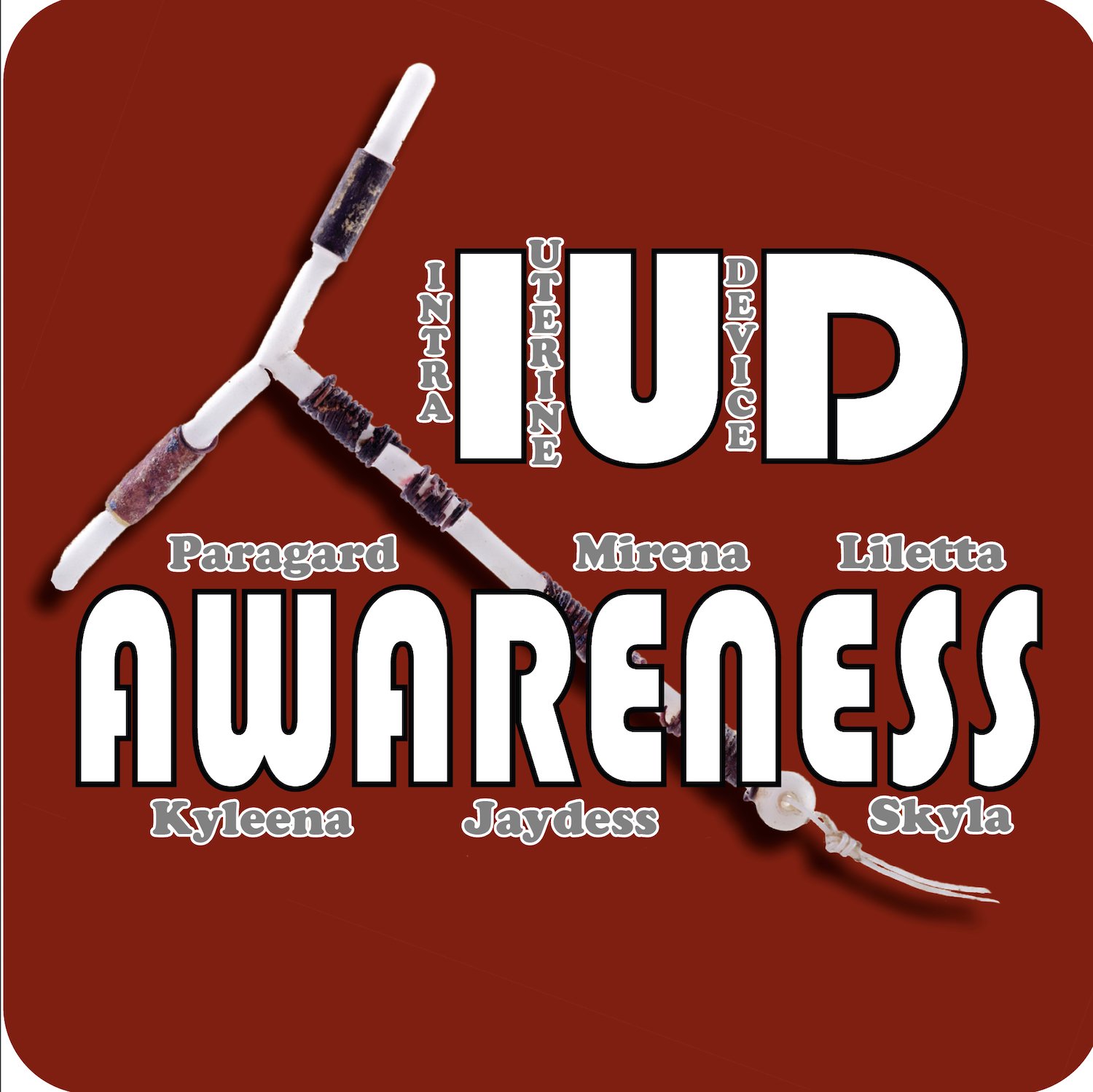Society of Family Planning clinical recommendations: contraception after surgical abortion
/Andrea Hsu Roe, Deborah Bartzb
Contraception Journal - January 1, 2019
September 06, 2018 - Published
IUDs can be safely placed at the time of surgical abortion and do not increase the risk of infection or perforation. IUD expulsion rates are significantly higher after second-trimester surgical abortion than after first-trimester surgical abortion, but expulsion rates after first-trimester surgical abortion may not differ significantly from interval placement.
Excerpts from Abstract
These recommendations present an evidence-based assessment of provision of contraceptives at the time of surgical abortion. Most methods of contraception, including the intrauterine devices (IUD), implant, depot medroxyprogesterone injection, oral contraceptive pill, contraceptive patch, monthly vaginal ring, barrier methods and some permanent methods, can be safely initiated immediately after first- or second-trimester surgical abortion. Provision of postabortion contraceptives, particularly IUDs and implants, substantially reduces subsequent unintended pregnancy. IUD insertion immediately following uterine aspiration is safe. While this may be associated with a higher risk of device expulsion than with interval placement, expulsion rates remain low, and this risk must be weighed against the fact that patients often do not receive their desired IUD at an interval insertion and therefore experience higher rates of subsequent unintended pregnancy. Many patients experience barriers that prevent access to the full spectrum of postabortion contraceptive options, particularly IUDs and implants. Advancements in health-systems-based point-of-care provision and policies are needed to improve comprehensive contraceptive availability following surgical abortion. These recommendations will address clinical considerations for postabortion contraceptive provision and recommend interventions to improve contraceptive access following uterine evacuation.
Read Entire Abstract at Contraception
Contraception
An International Reproductive Health Journal
Wishes to advance reproductive health through the rapid publication of the best and most interesting new scholarship regarding contraception and related fields such as abortion.
- 2018
- Abdominal Pain
- Abnormal Bleeding
- Access
- Allergies
- Anaphylaxis
- Anxiety & Depression
- Auto-immune Disease
- Back Pain
- Bacterial Vaginosis (BV)
- Bleeding
- blood clots
- Brain Fog
- Brain Swelling
- breast cancer
- Breastfeeding
- Cancer
- cervical cancer
- Choice
- Choking
- Coercion
- Copper 7
- Copper T
- Copper Toxicity
- Cost
- Difficulty Swallowing
- Digestive Issues
- Discharge
- Early Removal
- eczema
- Endometrial Cancer
- Expulsion
- Fatigue
- Fear
- Fertility
- Gene Mutation
- Gravigard
- hair loss
- Headache & Migraine
- Heart Palpitations
- High Blood Pressure
- HIV
- Improvement after Removal
- Increase in Use
- Inflammation
- Informed Consent
- Internet Forums
- Intolerences
- Irritability & Mood Changes
- Jaydess
- Kyleena
- Lung Cancer
- Menopausal Symptoms
- Migration
- Mirena
- Missing Strings
- MRI
- Muscle Pains & Aches
- Non-Use
- osteoporosis
- Ovarian Cancer
- Pain
- Pancreatic Cancer
- Paragard
- Paranoia
- Pelvic Pain
- Perforation
- PID & Infections
- Placement
- PMDD
- Post-Abortion
- Postpartum Insertion
- pregnancy
- Prostaglandins
- Rashes
- Reproductive Justice
- Rheumatoid Arthritis (RA)
- Self Removal
- Sex Life
- sexual dysfunction
- Shortness of Breath
- Skin Problems & Jaundice
- Skyla
- STI Risk
- Stroke & Heart Attack
- suicide
- Surgical Removal
- Tubal Ligation
- Vertigo & Dizziness
- Weight Gain








